Journalist Phan Quang presents the book Homeland to the author. Photo: VT
It was not until Tet 1995 that I had the opportunity to go on a business trip with him for the first time, which was also an occasion to visit his hometown. Visiting Quang Tri Citadel , he stood for a long time next to the bomb-torn wall, the last remaining vestige of Bo De School built after 1945. The school, which the French called a "combined primary school" on the banks of the Thach Han River, where he had studied as a child, was turned into a pile of rubble by American bombs in the fiery summer of 1972.
In 1947, he entered adulthood, which was also the time when the Binh Tri Thien front collapsed. In the same year, he was admitted to the Party in the Hon Linh war zone, Quang Tri province, and sent to work behind enemy lines. The following year, the Binh Tri Thien Sub-Committee decided to send a number of young cadres and Party members with some education to the free zone to continue their studies, preparing to send them abroad for training when conditions permitted.
Phan Quang Dieu was one of several brothers in Quang Tri who were selected to go to school. Unexpectedly, when he went to the Inter-Zone Committee 4 in Thanh Hoa province to do the procedures to transfer his Party activities, the leaders recognized the educated young man with some literary talent and sent him to work for the newspaper Cuu Quoc Lien Khu IV. He started working as a journalist from there with the pen name Hoang Tung and his first article was "Visiting a militia weapons factory" published in the newspaper Cuu Quoc Lien Khu IV on November 9 and 10, 1948.
In 1954, Phan Quang Dieu came to work at Nhan Dan newspaper. During a meeting, journalist Hoang Tung, Editor-in-Chief said: "A newspaper cannot have two Hoang Tungs, so one Hoang Tung must die first". Hoang Tung (Phan Quang Dieu) smiled happily, "I will sacrifice first" and took a new pen name, Phan Quang. From then on, readers have a Phan Quang for today and will always remember him.
Now before my eyes is the large-format “Phan Quang Collection”, consisting of three volumes of 1,675 pages, a “Ten-Year Collection” consisting of 831 printed pages, a full 330-page “Homeland”, “Please Don’t Forget Each Other” which is thin but contains a deep curse about a flower “Please Don’t Forget Each Other”. More than forty books of journalism and literature. He is also a translator that is hard to forget after just one reading, such as “Human Fair”, “Daytime Stars”, “One Thousand and One Nights”… throughout Phan Quang’s life as a journalist.
Regarding journalism in general, he believes: “Ultimately, it is still a synchronous coordination: words, voice, sound, pictures, images, graphics... Journalism in any form has only one function, to serve people. And in existence, people can only preserve thoughts through language and writing.”
Road to Hai Thuong commune, Hai Lang district, hometown of journalist Phan Quang - Photo: QUANG GIANG
After 40 years of struggling with each word and printed page, in the summer of 1988, journalist Phan Quang entered a career crossroads: Radio journalism. A crossroads between two choices, in the midst of a difficult subsidy period. Having just been promoted to Deputy Minister of Information and not yet settled in his position, Phan Quang was trusted by the Central Government to hold the position of General Director and Editor-in-Chief of Voice of Vietnam Radio, replacing veteran journalist Tran Lam who retired.
He confided, “As a feeling that has been suppressed deep inside me for a long time, I vaguely enjoy being able to return to direct journalism, even though the responsibility of managing the agency will be heavy.” Phan Quang’s “vague enjoyment” of wanting to directly work in journalism is reasonable, because those who love to write “have brought the profession upon themselves” and it is difficult to quit.
But before his eyes was a new national radio station that had just gone through a “storm of mergers and acquisitions” and was more or less disrupted. The staff of more than 600 people fell at a time when the government was determined to reduce the staff by 20%. Work increased, the number of people was reduced to 500, many workers and singers in their prime had to retire.
The first concern of a senior Phan Quang, successful in print journalism, is now the daily radio program and the editorial boards, each of which is like a newspaper, then the Radio Broadcasting Station, the Broadcasting Station, the Transmission System, and the antenna mast. He chose to "breakthrough" by reorganizing the radio and editorial boards, but looking back, all his colleagues were new. He returned to the station alone, without bringing anyone he had worked closely with. The driver was Nguyen Ba Hung, who had served Chief Tran Lam.
First of all, the General Director decided to end the three-session radio day: morning, noon, and evening, which was extended continuously. Starting from January 1, 1989, the Internal Program System of the Voice of Vietnam would broadcast continuously from 4:55 a.m. to 10:30 p.m. The increased time created favorable conditions for many radio programs to be born.
At the National Radio, he realized how to transform staff, reporters, and editors from "cleavers" to "experts". To do so, it is necessary to upgrade and increase the number of functional agencies to advise and assist the General Director and promote training and retraining of reporters and editors.
The General Director advocated “two listenings”. Listening to listeners and listening to what the radio brothers said and needed. In 1989, he directed the Radio Listening Committee to survey public opinion of radio listeners in a number of provinces and cities in the Northern Delta, Central and Southern regions.
He underlined in red the comment line: “Listeners request to hear the fastest, newest, most useful news, to enjoy more and better music, to receive more advice and explanations on economic, cultural, social issues, especially science and law.” The leader concluded briefly: “Listeners have shown us the way to innovation.”
I was Deputy Head of the Audience Committee and was transferred to Deputy Head of the Editorial Secretariat and immediately received a job I had never done before. “Research, survey, and build a Music and News Program System, broadcast on FM”. At that time, the National Radio was behind FM. Saigon before 1975 already had an FM station, as did other countries in the region.
Even Vientiane, the capital of Laos, has an FM broadcasting news and music all day long. While musician Cat Van and I were drawing boxes, arranging the program's framework and content, General Director Phan Quang and the technical staff, broadcasters, and financial staff were trying to find ways to escape the "golden ring" of the US embargo. Finally, the French company Thompson enthusiastically cooperated.
cooperated with the Voice of Vietnam. Thus, the first radio product of General Director Phan Quang was successful. On September 4, 1990, with the presence of General Secretary Nguyen Van Linh, FM Music and News Station was inaugurated. Three days later, it officially went on air. The brothers applauded and cheered, the General Director said softly: "We have taken a modest but important step, a breakthrough to improve the quality of the waves and a premise for the development of FM as well as modern radio in the future."
From Tran Lam's philosophy of "Doing Radio in the style of a poor family" to Phan Quang's policy of "Comprehensive Innovation" is an important turning point of the National Radio Station. Journalist Phan Quang is humble and respectful of his predecessor. On the day of the inauguration of the Station's Traditional Room, someone compared it to the past, Mr. Phan Quang calmly said: "Each era is different, there are advantages but also difficulties.
During Tran Lam's time, there were many difficulties and shortages, and there was also a fierce war." Journalist Phan Quang called his predecessor "A lifetime of devotion to the radio waves", and wrote: "Journalist Tran Lam, my predecessor, is a giant of the Vietnamese Revolutionary Press... He only has two words for a lifetime of dedication: "Radio". After nearly half a century of accompanying the nation, those two words have turned him and the Voice of Vietnam into monuments in the country's media industry."
Respecting and loving predecessors and understanding the specific circumstances of colleagues in the agency are things journalist Phan Quang has. When he first joined the station, he looked at the salary scale of many people. He was surprised to see that many writers, poets, and singers in the station were famous but had very low salaries. Grasping the policy of the Central Committee, special cases with legitimate reasons could be increased by 2 levels. He discussed with the units and made a list of about ten people, mainly famous artists. In the end, two people were increased by a level, a poet and a singer.
Phan Quang is discreet, taciturn, elegant, and not too noisy, so many people call him "newspaper official" or "politician".
In an interview with reporters from Binh Dinh Journalists and Ho Chi Minh City Journalism Magazine, journalist Phan Quang firmly said: “I am not a politician. I was simply assigned by the organization to do foreign affairs for three terms of the National Assembly, assisting three chairmen. Fifteen years as a deputy, there is not much to say, just the hardship of traveling. Fortunately, each trip gives me something to see and hear, and some materials to do my job.”
It is not wrong to say that he is a true “press official” who leads and manages a press agency. At Nhan Dan Newspaper, the Central Propaganda Department, Nguoi Lam Bao Magazine, the Ministry of Information, the Voice of Vietnam Radio, the Vietnam Journalists Association, or the National Assembly's Foreign Affairs Committee, he has participated in leadership and management. Phan Quang confided: “Wherever I am, it is the same job, the same career. In any case, taking on many responsibilities at the same time helps me become more experienced and confident.”
Journalism and writing have permeated every thought and heart of Phan Quang. Once, before publishing an article in a radio magazine, I asked him over the phone whether he would marry a writer or a journalist, and he answered briefly: "Phan Quang is fine." Journalist Phan Quang is very interested in the feedback of radio listeners. The program "Talking to Radio Listeners" is often commented on by him after the news program. When Tet comes, the editors ask the General Director to give a New Year's speech to listeners at home and abroad.
He said it should be done, but where it is broadcast should be carefully calculated. The news team chose the moment after the President's New Year greetings.
He thought and then gave his opinion: "I am in charge of the Voice of Vietnam, on the occasion of the New Year, I would like to express my gratitude to the listeners for listening to the radio, and give comments and suggestions to the National Radio. Then General Director Phan Quang spoke to thank listeners near and far on the occasion of the New Year in the program "Talking with Radio Listeners". The humility of an experienced journalist, full of self-respect, but not everyone can follow.
Deep inside Phan Quang is a Quang Tri countryside with Lao wind and white sand, scorching sun, torrential rain, crazy storms and brutal war. Quang Tri people have to accept and rise up to live, to survive like everyone else. He wrote: “When I was just a teenager, I left my village, then traveled all over the country, for more than 50 years living in the capital Hanoi, but why do I still see myself as 100% Quang Tri with hard-to-change personalities: frank, honest to the extreme, clumsy in dealing with others, sometimes it has harmed me.
But that poor homeland has songs, chants, and voices that sound familiar and poignant. It cannot be explained, but it has truly created my sensitive soul and romantic nature. I received from my homeland the whole of who I am.”
The homeland of Quang Tri, the Central region that bears the burden of two ends of the country, is imbued in many of Phan Quang's writings. Phan Quang's pen roams all over the country, especially the Mekong Delta.
Every place and domain name in the world that he passed through left its mark in each diary full of life and imbued with humanity. I once called him “the detail hunter”. He said nothing but showed me a short saying of the great Russian writer M. Gorky: “small details make a great writer”.
Phan Quang is a writer with a rich life experience, a deep knowledge base, and a good command of foreign languages, as he says, "each foreign language opens up a new horizon of understanding". Working as a journalist and writer, Phan Quang sums it up in four verbs: "Go, Read, Think, Write". Retired, he travels less but the remaining three verbs still haunt him. He writes slowly and thoroughly. Journalist Luu Nhi Du in Ho Chi Minh City slowly asked: "Many retired journalists put down their pens.
And you, what is the secret that helps you stay consistent? Phan Quang replied: “Even though you are retired, you still stick with your job. It is simply because of your career. Career is linked to career. Descartes, the French philosopher, said: “I think, therefore I am”. For me, is it true that “I write, therefore I am”. I would like to add that because you are a great journalist, a multi-talented writer, with a deep love for your homeland.
Vinh Tra
Source: https://baoquangtri.vn/nha-bao-phan-quang-trach-nhiem-voi-cong-viec-nang-tinh-voi-que-huong-194392.htm


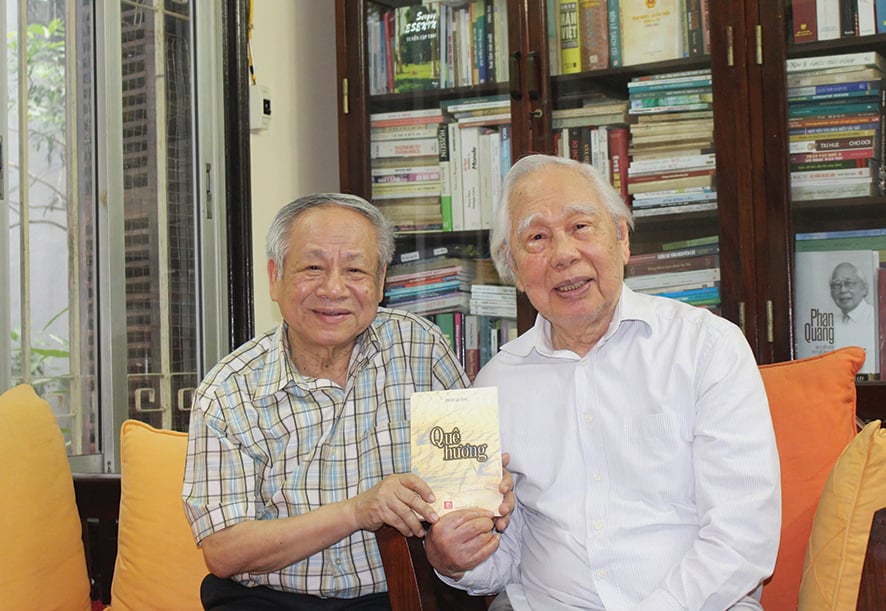
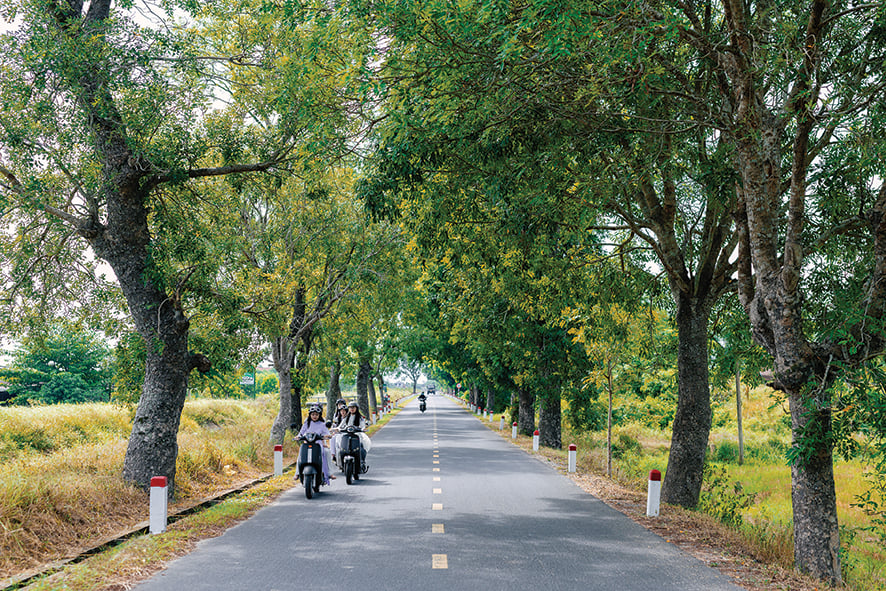
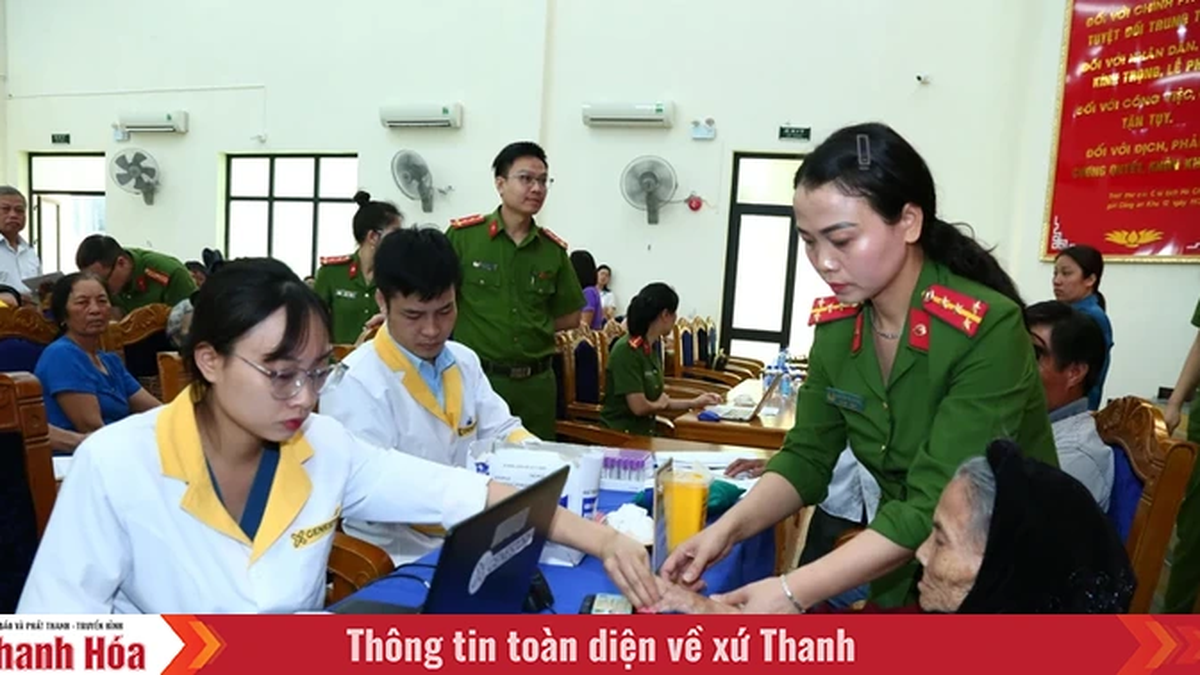
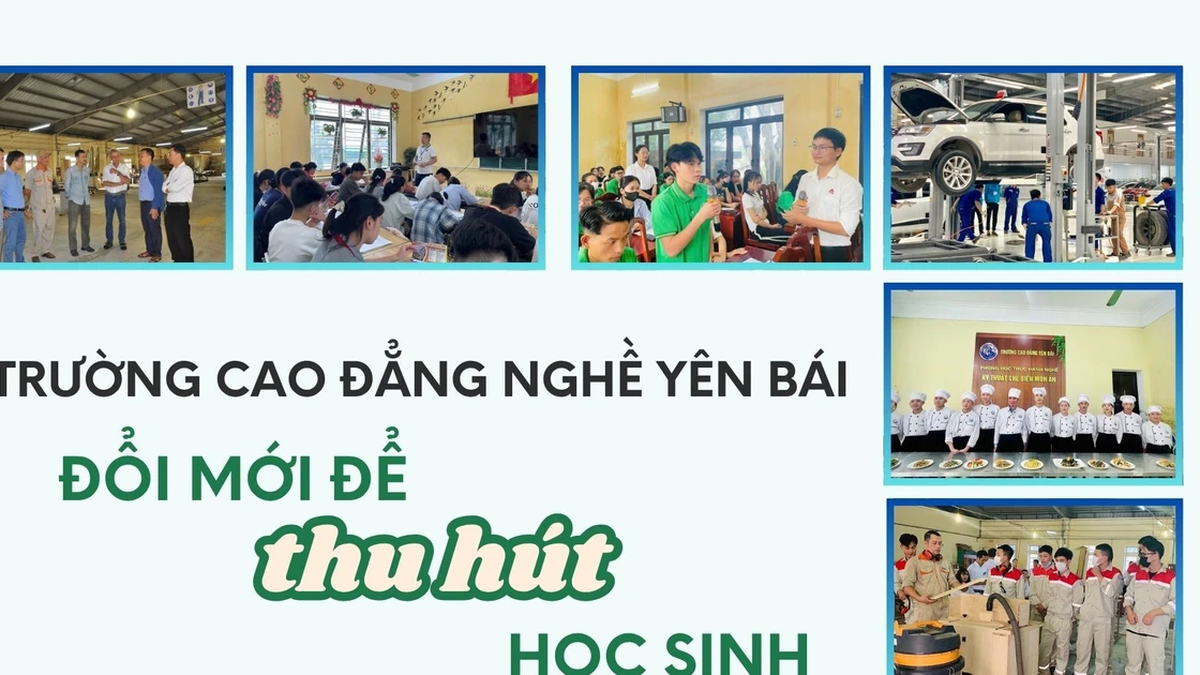


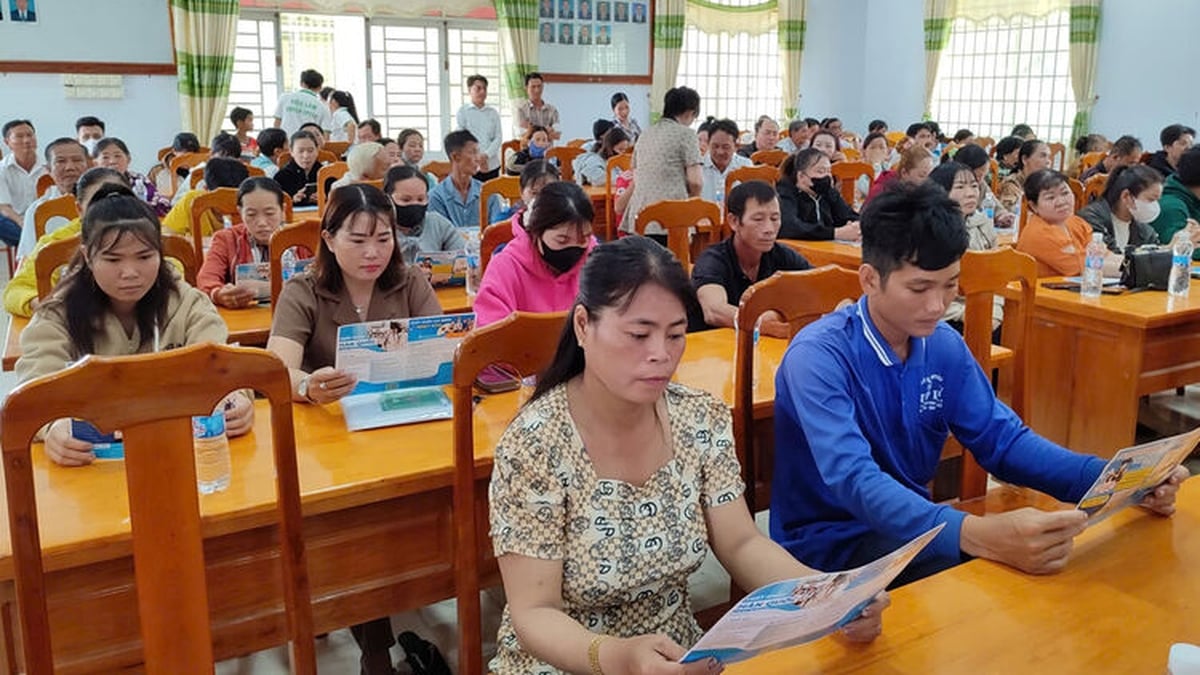
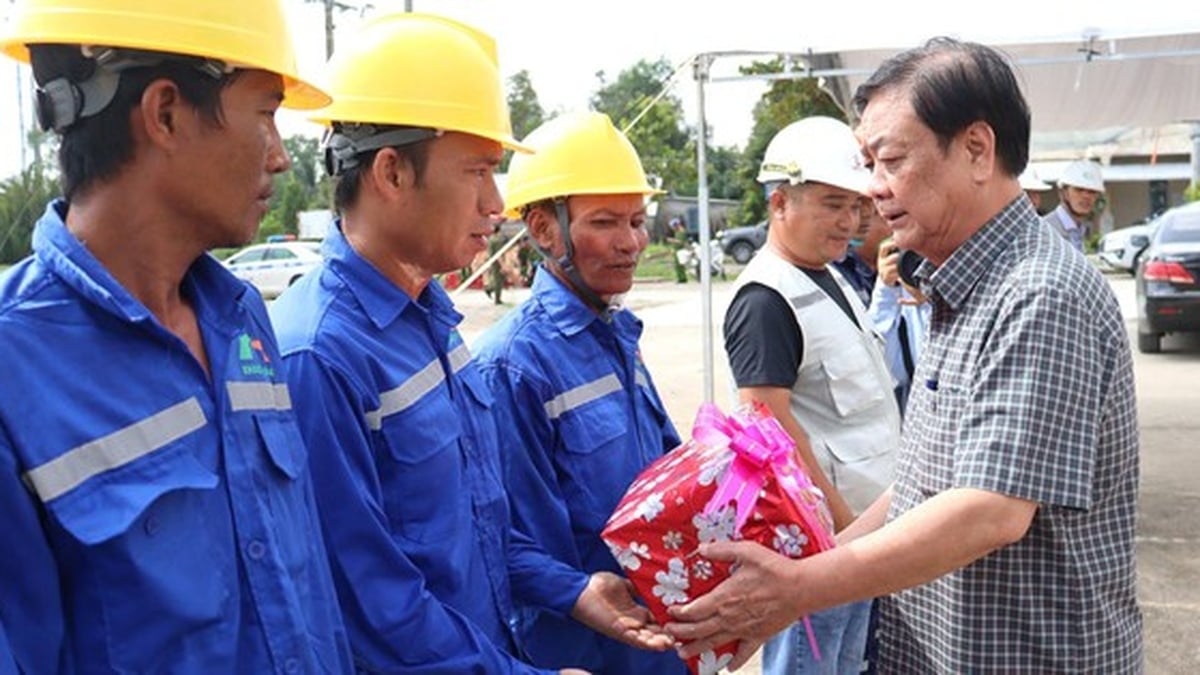
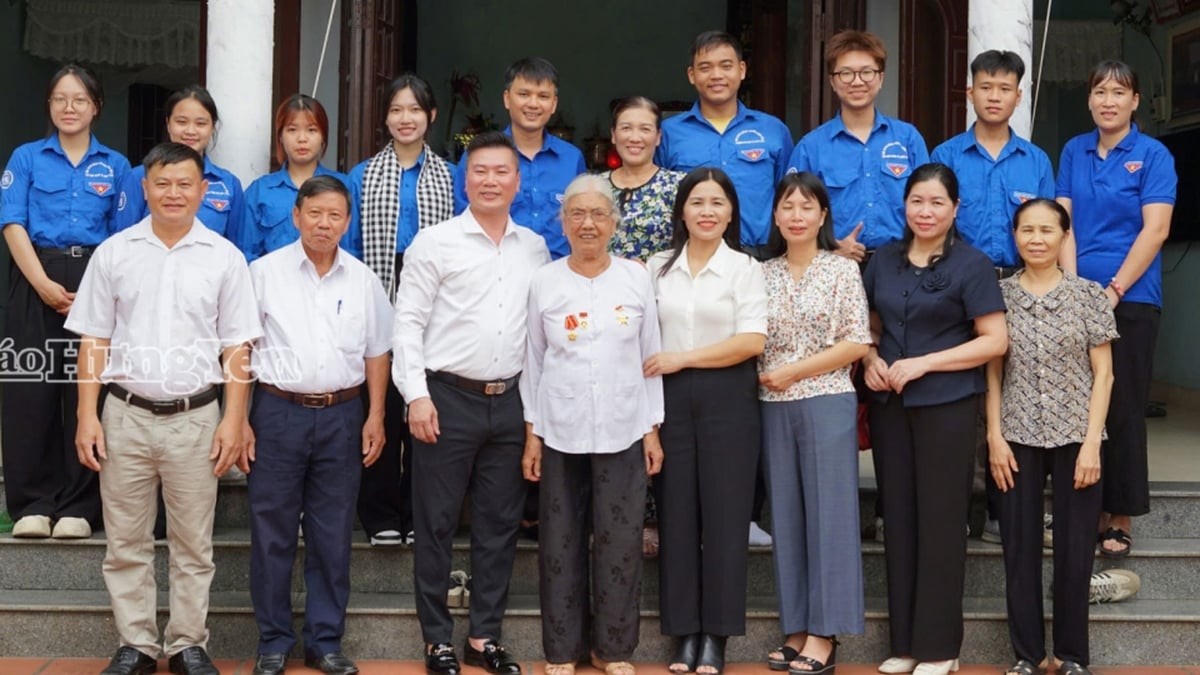

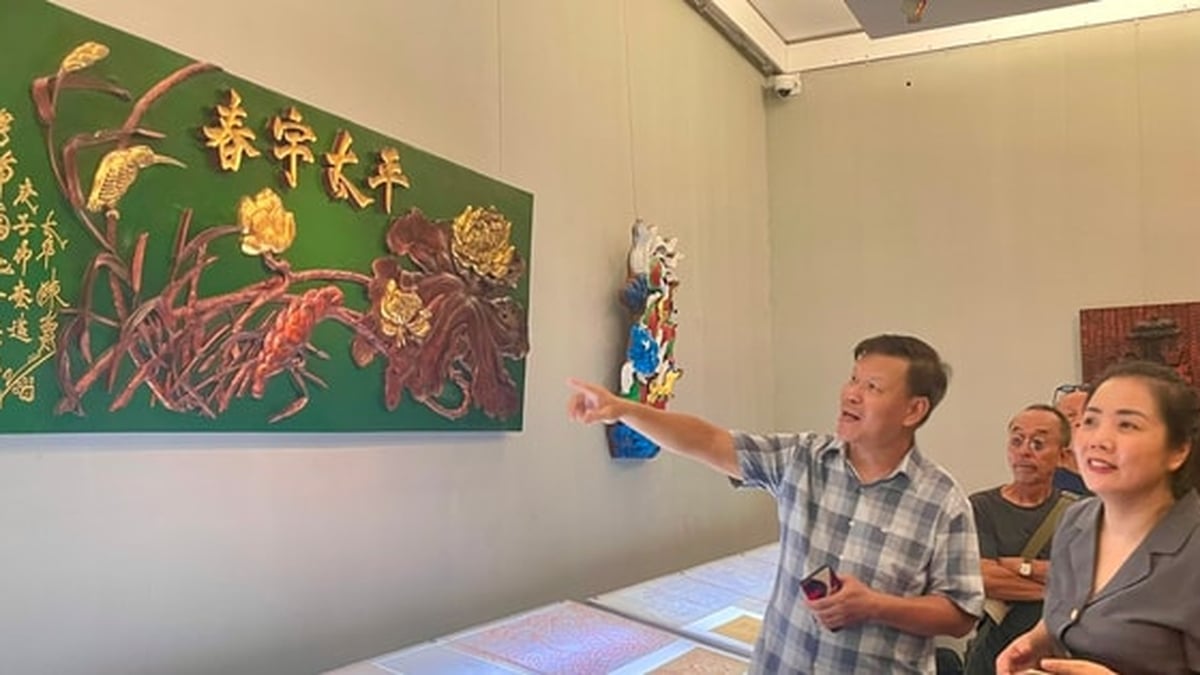
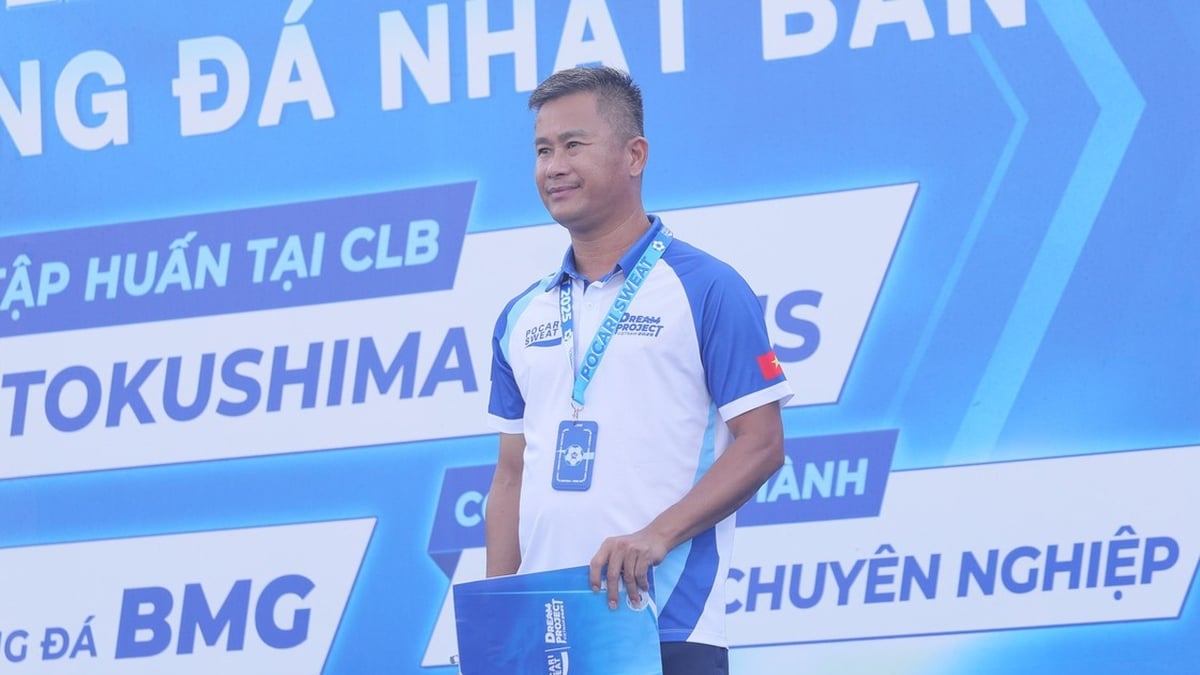





















































































Comment (0)